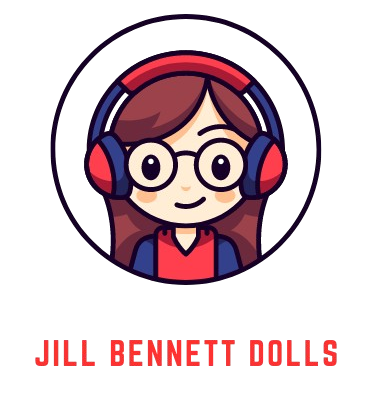Addiction is a multifaceted condition that affects millions of people worldwide, leading to physical, emotional, and social challenges. Whether it involves substance abuse, gambling, or other addictive behaviors, addiction can have devastating effects on an individual’s life, as well as on the lives of their family and community. Fortunately, addiction treatment centers offer a path to recovery, providing the necessary tools, support, and care to help individuals addiction treatment centers break free from the cycle of addiction and build healthier, more fulfilling lives.
Addiction treatment centers are specialized facilities designed to address the needs of individuals struggling with addiction. These centers offer a variety of programs tailored to meet the unique needs of each person. The treatment process typically begins with an initial assessment, where medical and psychological professionals evaluate the individual’s situation to determine the most effective course of action. This assessment helps create a personalized treatment plan that may include detoxification, therapy, counseling, and other support services.
One of the primary components of addiction treatment is detoxification. This process involves safely removing harmful substances from the body and managing withdrawal symptoms. Detoxification is an essential first step for individuals who are physically dependent on substances, and it should be conducted under medical supervision to ensure safety and comfort. Depending on the severity of the addiction, detox can take a few days to several weeks, and treatment centers provide a controlled environment to help individuals through this process.
Inpatient treatment is a common option for individuals with severe addiction issues. Inpatient programs provide 24/7 care in a residential setting, where patients are removed from their everyday environment and surrounded by a supportive network of medical professionals, therapists, and peers. These programs offer a structured environment designed to promote focus on recovery, free from distractions and temptations. Inpatient treatment typically includes a combination of therapy, group sessions, educational workshops, and recreational activities aimed at fostering personal growth and recovery.
For individuals who do not require around-the-clock care, outpatient treatment is another option. Outpatient programs offer more flexibility, allowing individuals to attend therapy and counseling sessions while continuing to live at home and maintain their daily responsibilities. This option is often suitable for individuals who have completed inpatient care or have mild to moderate addiction issues. Outpatient treatment still provides the necessary structure and support but allows individuals to reintegrate into their daily lives while continuing their recovery journey.
Therapy and counseling are central to addiction treatment. Many individuals with addiction also struggle with underlying mental health issues such as anxiety, depression, trauma, or stress. Addiction treatment centers often use evidence-based therapies such as cognitive-behavioral therapy (CBT), dialectical behavior therapy (DBT), and motivational interviewing to help individuals understand the root causes of their addiction, develop coping mechanisms, and learn healthier ways to manage emotions and stress. Counseling, both individual and group, offers a safe space for individuals to express their feelings, share experiences, and receive feedback and support from others.
Family therapy is another important aspect of addiction treatment. Addiction affects not only the individual but also their loved ones. Family therapy helps strengthen relationships, address dysfunctional patterns, and rebuild trust. It provides families with the tools to support their loved one in recovery and promote a healthier family dynamic.
Aftercare services are essential for maintaining long-term recovery. Addiction treatment does not end when an individual leaves a treatment center; in fact, the transition from treatment to everyday life can be one of the most challenging times in recovery. Aftercare programs, which may include ongoing therapy, support groups, sober living arrangements, and relapse prevention, help individuals stay connected to their recovery community and provide continuous support as they adjust to life outside of treatment. These services are critical in reducing the risk of relapse and ensuring lasting success in recovery.
Addiction treatment centers also offer specialized programs for individuals with co-occurring mental health disorders. Many people who struggle with addiction also face mental health challenges, such as depression, anxiety, or post-traumatic stress disorder (PTSD). Treating both addiction and mental health issues simultaneously improves the chances of successful recovery and helps individuals develop the necessary skills to cope with their mental health while maintaining sobriety.
In conclusion, addiction treatment centers provide crucial support and resources for individuals seeking to break free from addiction and rebuild their lives. By offering a combination of detoxification, therapy, counseling, family support, and aftercare, these centers give individuals the tools they need to achieve lasting recovery. Addiction treatment is a journey that requires commitment, support, and time, but with the right treatment and guidance, recovery is possible, and individuals can reclaim their lives and create a healthier, more fulfilling future.
